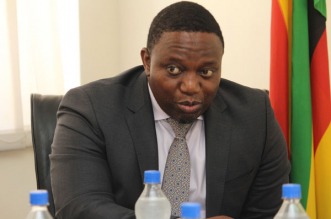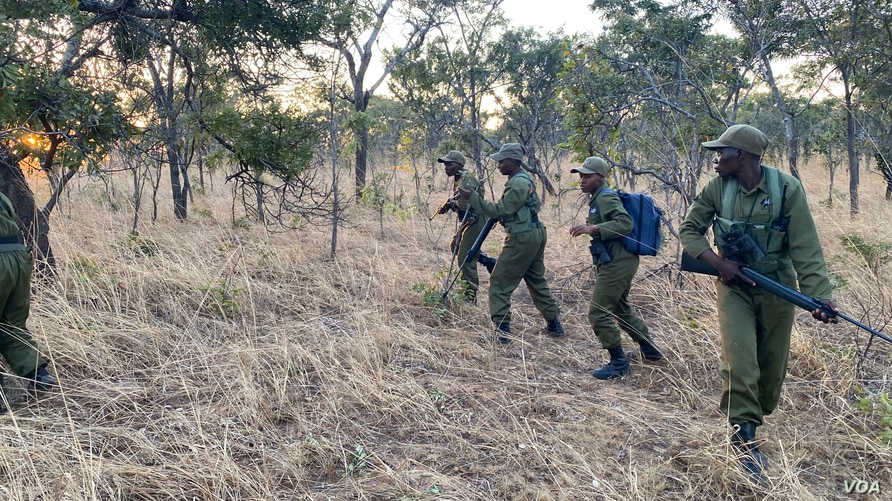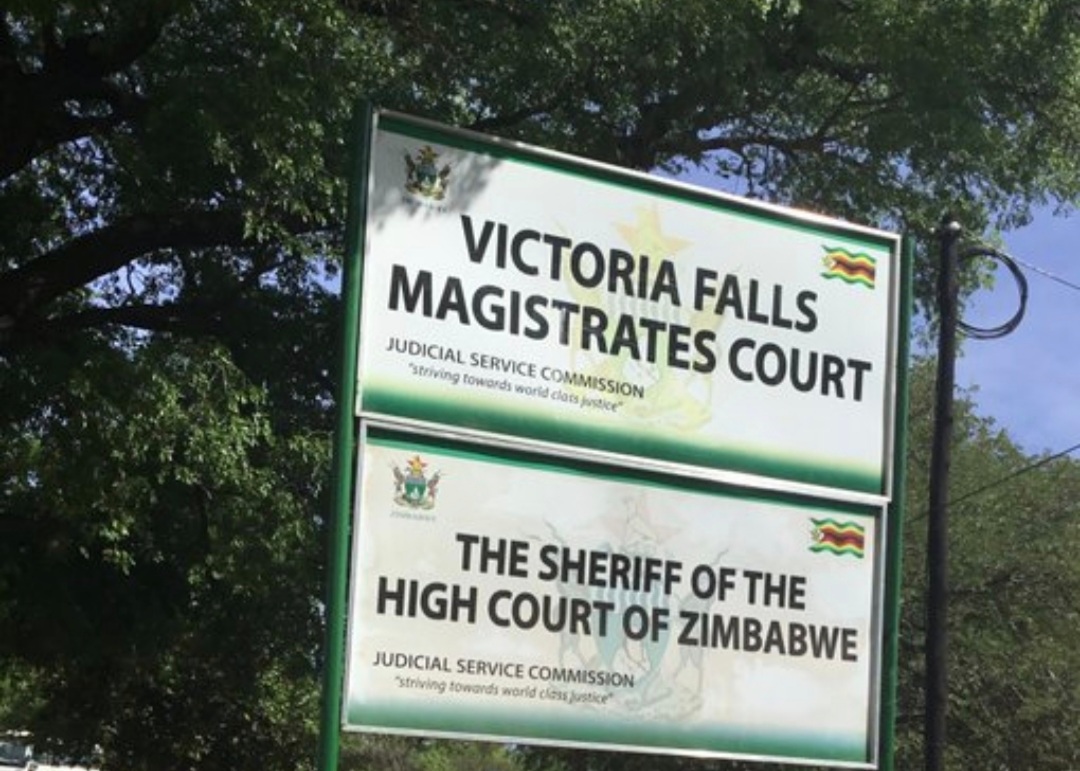BY STAFF REPORTER
Binga villagers are losing livestock to cross border thieves from neighbouring Zambia, who take advantage of lack of visibility by the police, the National Assembly has been told.
Binga South MP Gabbuza Gabbuza asked Home Affairs minister Kazembe Kazembe during the National Assembly’s questions with notice session last Wednesday why there have been no arrests of “cattle rustlers from Zambia, who have been stealing livestock in Saba and Lubanda wards.”
Gabbazu also wanted to know measures “the government has instituted to curb commission of such crimes and recover the stolen livestock that have been identified across the border.”
In response, Kazembe said at the recently held Zambia-Zimbabwe Joint Permanent Commission on Security and Defence (JPC) in Livingstone Zambia it was agreed that police from both countries will work together to curb the ‘scourge.’
“As I speak efforts are underway to address the scourge,” he said.
“On arrests, I would have to find out if there are any known culprits from Zambia that our police officers have failed to arrest after receiving information on stock theft.
“It could be an issue of lack of information resulting in no arrests being done.
“But as a country, whoever is involved in such acts, whether locals or foreigners, the law will take its course.”
Kazembe said his ministry was in the process of resourcing police officers with patrol vehicles and other electronic gadgets like drones “to try and address this scourge.”
“We have started with Matabeleland South where to date we have established police bases in known areas where these livestock rustlers use when crossing into or outside Zimbabwe.” the minister added.
“I would also like to engage you honourable member together with the commissioner general of police to identify strategic places where we can establish police bases to patrol the affected areas of Saba and Lubanda.”
He said the Permanent Commission on Security and Defence with Zambia resolved that police services from both countries should continue holding meetings as well as conducting joint investigations and patrols along the common border “to first curb the scourge and that the livestock authorities should undertake a benchmarking exercise for the animal identification and traceability systems in both countries so that best practices that identify animals to the individual level are adopted and whenever livestock is recovered it is repatriated back to the country of origin.”

 Slider3 years ago
Slider3 years ago
 National4 years ago
National4 years ago
 Opinion3 years ago
Opinion3 years ago
 Tourism and Environment3 years ago
Tourism and Environment3 years ago
 National2 years ago
National2 years ago
 National3 years ago
National3 years ago
 National2 years ago
National2 years ago
 National4 years ago
National4 years ago



